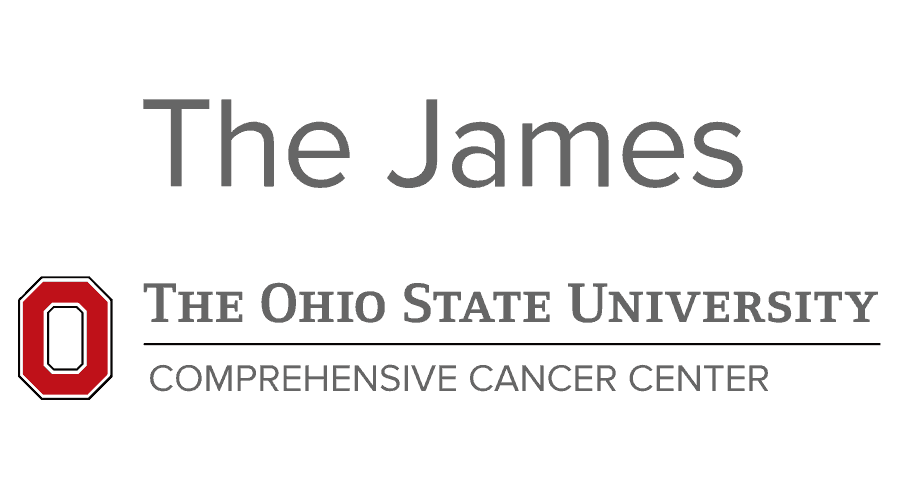Comparative and Translational Animal Models Shared Resource
Please remember to cite the Shared Resources!
Research reported in this publication was supported by The Ohio State University Comprehensive Cancer Center and the National Institutes of Health under grant number P30 CA016058.
We thank the XX Shared Resource at The Ohio State University Comprehensive Cancer Center, Columbus, OH for (XX)
About Us (back to top)
Director: Marco Coutinho da Silva, DVM, MS, PhD, DACT
Blue Buffalo Clinical Trials Office Coordinators: Tamra Mathie (BS, RVT, CFVP, FFCP); Ali Moeller (RVT)
The Veterinary Biospecimen Repository
The Veterinary Biospecimen Repository collects samples of tumors and normal tissue and stores these tissues under controlled conditions for future use by multiple investigators. Following established collection guidelines for sample collection and processing, tissues are collected and archived only after receiving consent from the owners. This repository has been providing samples to researchers at The Ohio State University , Nationwide Children's Hospital, other universities and research institutes resulting in the identification of new targets for therapy in osteosarcoma, melanoma, lymphoma, and pulmonary carcinoma common to both humans and canines. As a result, these efforts have generated several new research opportunities that will benefit human and animal patients. The Veterinary Biospecimen Repository represents a remarkable resource that continues to assist investigators as they strive to develop new prevention and treatment strategies for both animals and people with a variety of illnesses.
Veterinary Medical Center
601 Vernon L. Tharp St.
Columbus, OH 43210
Phone: 614-247-8706
Fax: 614-247-8428
CVM-ClinicalTrials@osu.edu
Available services
- Frozen, FFPE, OCT tumor tissue
- Pair normal and tumor samples
- Normal biofluids for matched controls
- Complete sets of tumor, blood and urine from the same animal
- Primary tumor and associated metastatic lesions
- Custom prospective collections on request
Blue Buffalo Veterinary Clinical Trials Office (back to top)
The Blue Buffalo Veterinary Clinical Trials Office (BBVCTO) provides support to faculty members and industry sponsors conducting clinical trials and ensures regulatory compliance. BBVCTO provides assistance in the design, execution, and evaluation of veterinary clinical trials using client-owned animals, with the overarching goal of advancing the diagnosis and treatment of disease in veterinary patients while enhancing the health of humans. Client-owned animals develop spontaneous and genetic cancers, many of which are remarkably similar to human cancers. Clinical research in veterinary patients can serve as a mechanism to develop and explore new therapeutic targets, document safety and toxicity in a population with clinical comorbidities and confirm treatment effects in a natural population of tumor-bearing veterinary patients. Pre-clinical data obtained in a veterinary population can provide important data to support the development of novel diagnostics and therapeutics.
Available services
- Protocol design/review
- IACUC/regulatory support
- Budget building/review
- Grants management
- Clinical research coordinator/technical support
- REDCap
- Marketing/recruitment activities
Click here for full list of services and fees
Please remember to cite the Shared Resources!
Research reported in this publication was supported by The Ohio State University Comprehensive Cancer Center and the National Institutes of Health under grant number P30 CA016058.
We thank the XX Shared Resource at The Ohio State University Comprehensive Cancer Center, Columbus, OH for (XX)
